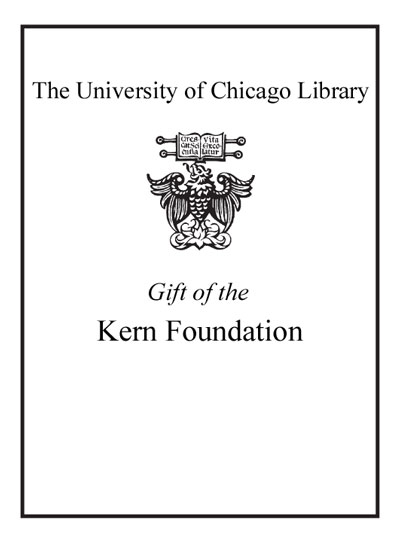Review by Choice Review
McMyler's account of testimonial knowledge places him within the externalist epistemological camp. Reasons for belief based on testimony are inherently "second-personal," since without trust in the authority of the testifier--by which one has the right to pass challenges to the truth of what was attested onto the testifier--there is no testimonial knowledge. This makes testimonial knowledge not entirely a function of the state of the knower taken in isolation. McMyler (Texas A&M) extends to the individualist ideal of epistemic autonomy an account similar to one by which Stephen Darwall seeks to undermine the individualist ideal of practical autonomy. He attempts to assuage fears about the authoritarian implications of this epistemology by arguing that the epistemic agent who places trust in the authority of a testifier has an ultimately undeferrable responsibility to justify that person's trustworthiness. Going forward, more work will be needed to assuage those fears. This will require an account that more deeply examines issues ranging beyond the more distinctly epistemological ones that are the author's main concern here. Nevertheless, McMyler's book is a valuable early contribution to a view that is likely to receive much further attention and development. Summing Up: Recommended. Graduate students through researchers/faculty. B. T. Hutchinson Metropolitan State College
Copyright American Library Association, used with permission.
Review by Choice Review

